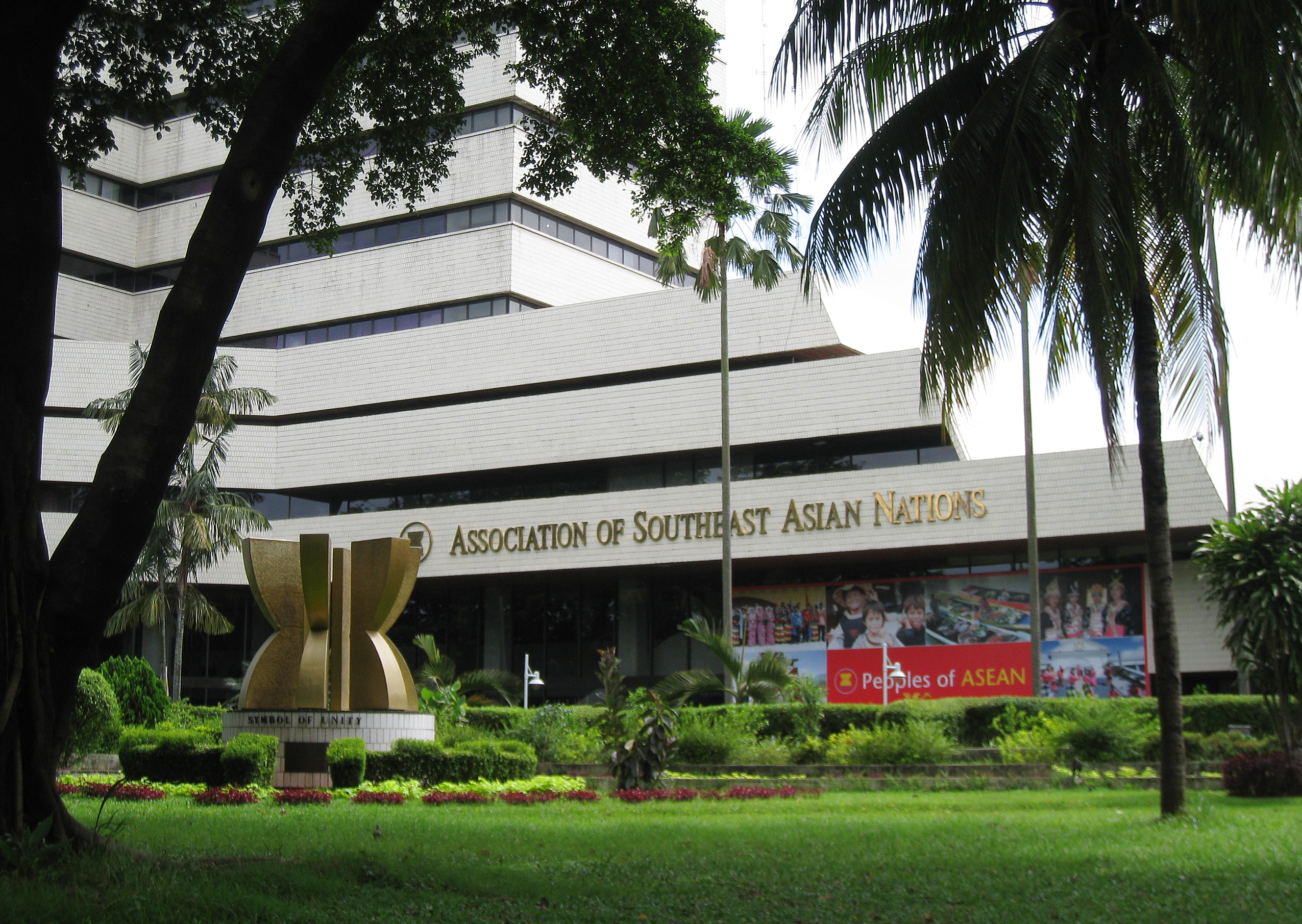China and the Association of Southeast Asian Nations (ASEAN) have officially signed the upgraded China-ASEAN Free Trade Area (CAFTA) 3.0 Upgrade Protocol in Kuala Lumpur on October 16, 2023. This agreement represents a significant advancement in regional economic integration, updating a framework that was originally established in 2010.
The signing took place during a meeting where Wang Wentao, China’s Minister of Commerce, joined ASEAN economic ministers to formalize the protocol. According to China’s Ministry of Commerce, this upgrade enhances cooperation across nine pivotal areas, which include the digital economy, green economy, supply chain connectivity, competition policy, and support for micro, small, and medium enterprises.
Li Qiang, the Premier of China, attended a multilateral meeting with ASEAN members on October 17, 2023, where he underscored the importance of the upgraded agreement. He stated that it “creates new opportunities for high-quality economic cooperation.” In his remarks, Li expressed concerns regarding the impact of unilateralism and protectionism on the international economic order, noting that “external interference in the region is on the rise” due to unreasonable tariffs imposed by some nations.
Li further warned that “power politics and economic bullying” threaten regional development. He called for a unified regional response, emphasizing the need to strengthen solidarity and cooperation. “The more severe the situation, the more firmly we must strengthen solidarity and cooperation, defend our legitimate rights through coordination, and promote stable growth through deeper collaboration,” he said.
The CAFTA 3.0 Upgrade Protocol is expected to lower trade barriers significantly and facilitate commerce and investment between China and the ten ASEAN member states. Analysts have indicated that this agreement will enable freer flows of goods and capital, fostering an open, fair, and inclusive market that benefits both parties.
As countries navigate the complexities of global trade, the enhanced cooperation outlined in this protocol may serve as a vital step toward greater economic interdependence in the region. The implications of this agreement could pave the way for stronger economic ties and increased resilience against external economic pressures.
In a rapidly changing global landscape, the commitment to deeper collaboration among China and ASEAN nations could represent a turning point for regional economic dynamics.







